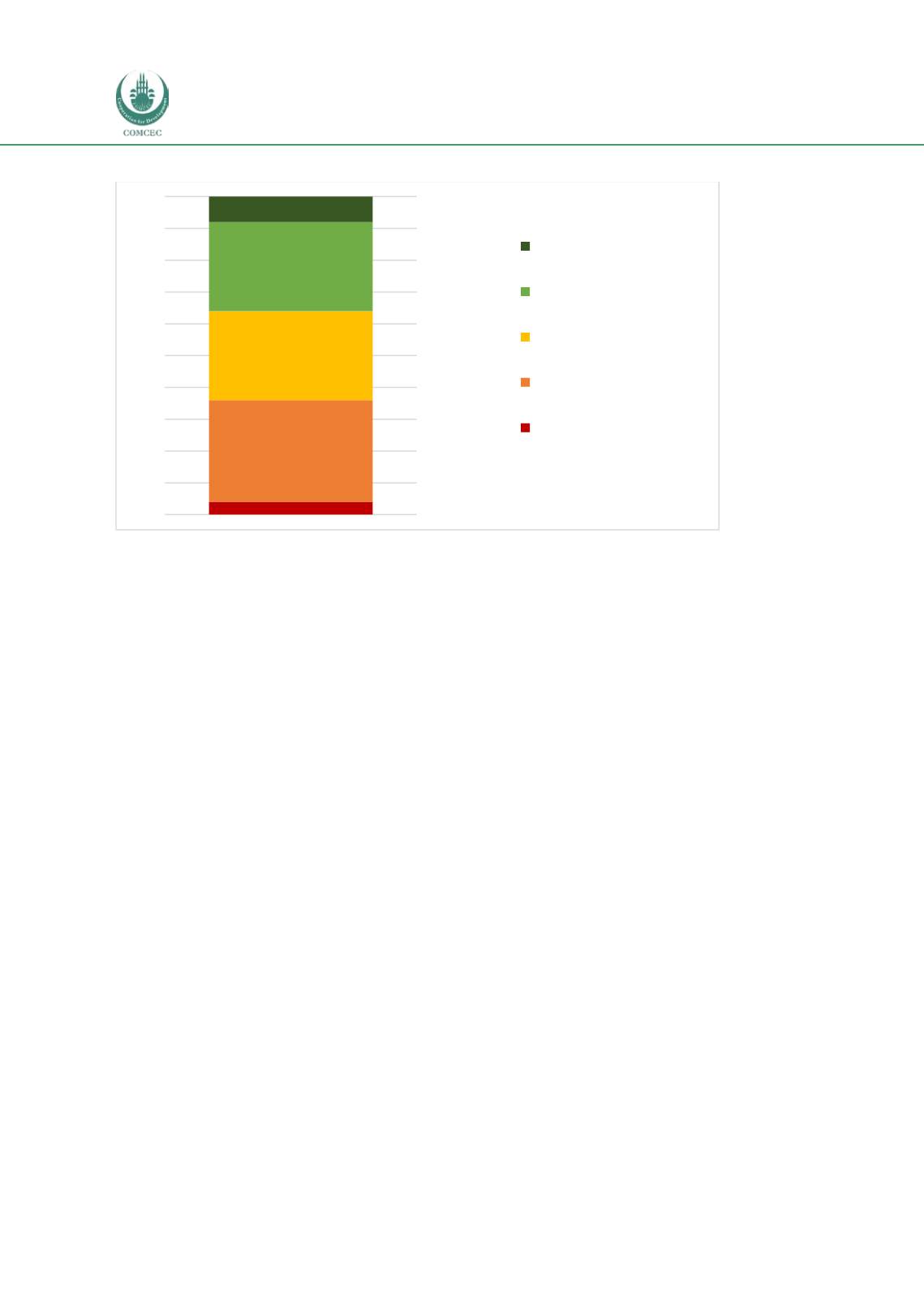

Improving Agricultural Market Performance:
Developing Agricultural Market Information Systems
66
Figure 26: Satisfaction with Provision of Market Information
Source: Online Survey Findings
Some of the respondents indicated that the information provided was not sufficiently
comprehensive and that the providers did not have systems in place to capture the needs of the
target audience in order to tailor their services and products to meet those needs. Furthermore,
the respondents complained about the insufficient analysis of the nominal price data
disseminated, stressing that archived data which could even facilitate analysis by other parties
is often difficult to obtain.
The service providers who responded indicated that though their primary target audience are
farmers, traders and processors it is apparent that access tends to be dominated by
policymakers, academia and inputs suppliers. This may be partly due to complaints about the
reliability and timeliness of information provided, an issue that many of them appear to agree
with (i.e. from their responses). Sustainability or lack of sufficient funding appears to be one of
the most critical challenges facing the providers (Figure 27). None reported having achieved
sustainability in the provision of MIS services and most of them reported are dependent on
grants from donors and government. The contribution of user fees in funding operations
appears rather marginal. The private providers who are less dependent on donor/government
grants are mainly those engaged in commodity trading and are therefore in a position to cross-
subsidise MIS provision. They do so as a means to generate additional commercial business.
Though some acknowledge the usefulness of an enabling regulatory framework, this did not
rank high among their demands.
When it comes to improving the functioning of MIS, almost 75% of the respondents stated that
an effective regulatory framework can play a contributory role in further improvements.
Specifically, many of the respondents suggest that enabling policies which government frame
for MIS should, for example, provide clear guidelines regarding standardisation of data
collection and dissemination in order to ease comparison of data from different MIS platforms
and to improve the interoperability. This will involve ensuring that data collection
methodologies are sufficiently standardised to allow for data comparisons as would the means
4%
32%
28%
28%
8%
0%
10%
20%
30%
40%
50%
60%
70%
80%
90%
100%
Very satisfied
Satisfied
Neutral
Dissatsified
Very dissatisfied


















